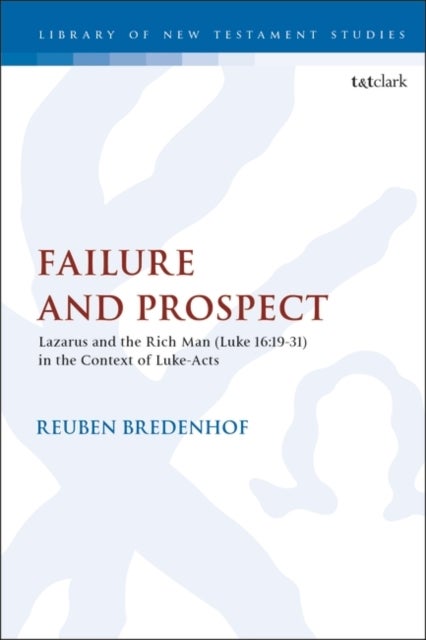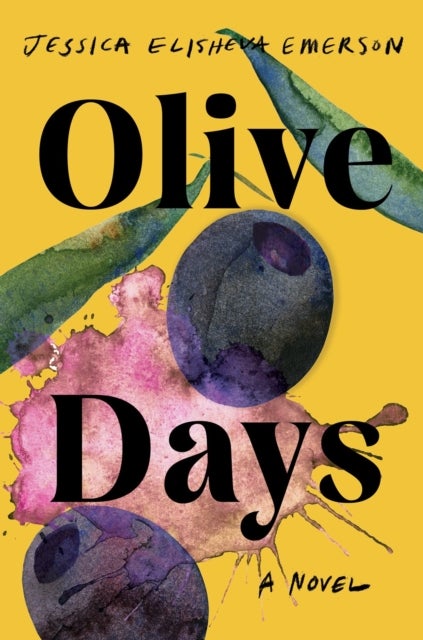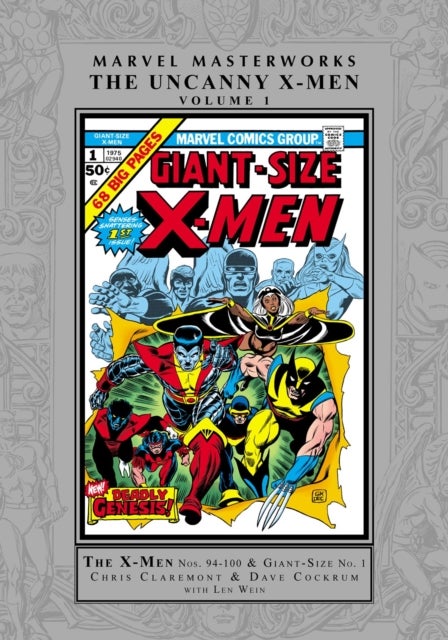
Failure and Prospect av Rev. Dr. Reuben (Mount Nasura Free Reformed Church Australia) Bredenhof
429,-
Bredenhof analyses the parable of Lazarus and the Rich Man (Luke 16:19-31) by examining its functions as a narrative, considering its persuasiveness as a rhetorical unit, and situating it within a Graeco-Roman and Jewish intertextual conversation on the themes of wealth and poverty, and authoritative revelation. The parable portrays the consequences of the rich man¿s failure to respond to the suffering of Lazarus. Bredenhof argues that the parable offers its audience a prospect for alternative outcomes, in response both to poverty and to a person who has risen from the dead.This prospect is particularly evident when the parable is read in anticipation of the ethical and theological concerns of Luke¿s second volume in Acts. Bredenhof asserts that reading within the context of Luke-Acts contributes to the understanding of Luke¿s purposes with this narrative. It is in Acts that his audience witnesses the parable¿s message about mercy being applied through charitable initiatives in the com








